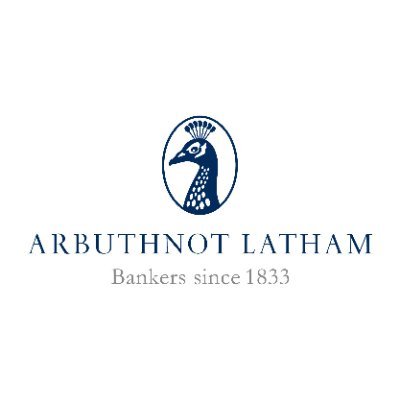The UK tax landscape is poised for change, and the implications are particularly relevant for investors with substantial assets held in pensions or business interests. From 6 April 2026, revisions to the Business Relief regime will introduce a £1 million allowance for qualifying unquoted business and agricultural assets. Already, this allowance will not carry over to a spouse, unlike many other tax allowances. Moreover any value above that threshold will enjoy only 50 % relief, effectively subjecting that portion to a 20 % inheritance tax (IHT) rate (given the standard 40 % rate). At the same time, assets held within pensions that currently enjoy favourable relief will lose eligibility under the new rules if they are business assets.
Turning to pensions, from 6 April 2027 most unused pension fund balances will be brought into an individual’s estate for IHT purposes. Historically, pension savings offered a relatively tax‑efficient way to pass wealth on death. Under the new rules, the balance of a pension may be taxed under IHT and beneficiaries may also face income tax when they draw from these funds, adding a second layer of tax that wasn’t central to previous planning. Executorship responsibilities will rest with the estate rather than the pension provider, reinforcing the need for clear planning.
In past thinking, retaining pension assets to benefit from tax‑efficient transfer on death was standard; now, drawing ahead of the 2027 change may make sense, depending on personal circumstances and tax status. And for estates expecting IHT liabilities, ensuring liquidity becomes more vital than ever, the inclusion of pension funds means higher potential tax bills.
Arbuthnot Banking Group PLC (LON:ARBB), operating as Arbuthnot Latham, offers private and commercial banking products and services in the United Kingdom. Established in 1833, Arbuthnot Banking is headquartered in London, United Kingdom.







































